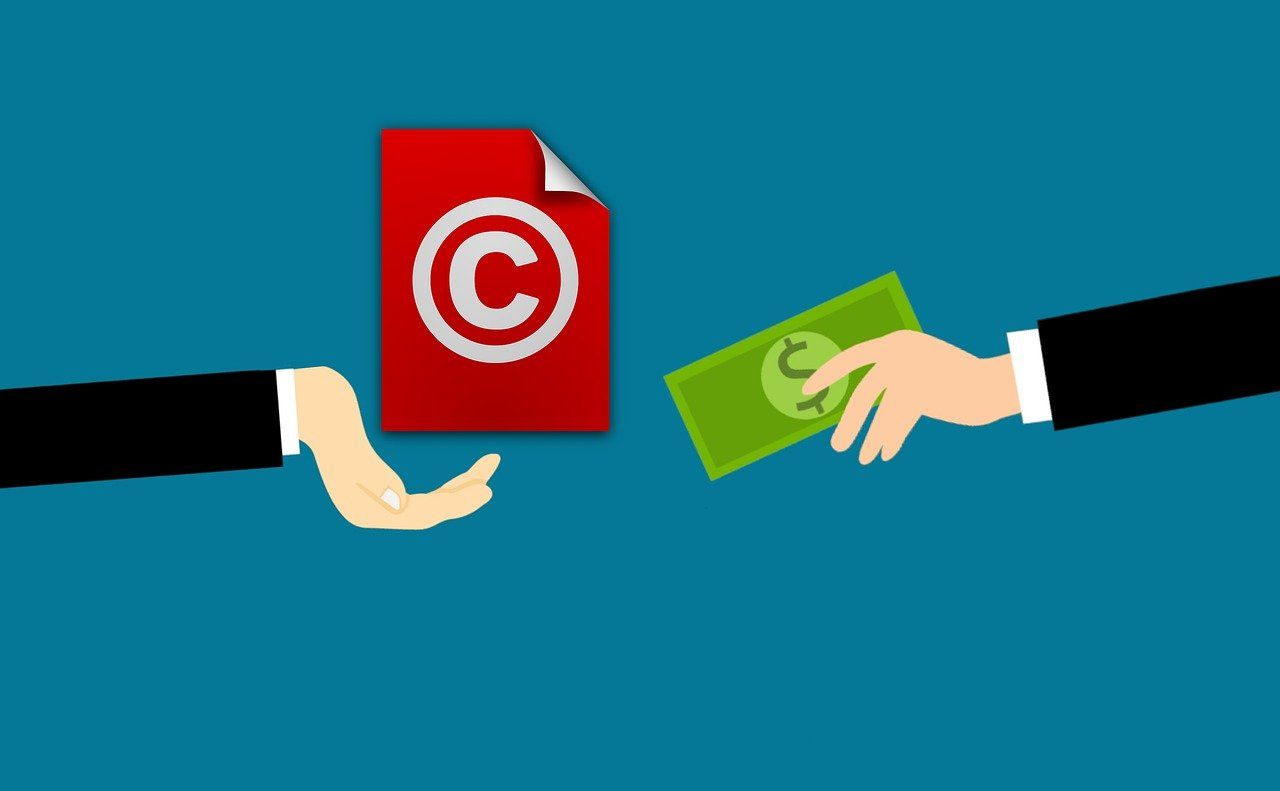Album covers are more than just images. They’re often a gateway to the music they represent, capturing the mood, theme, or message of an album. But if you’ve ever wondered, “Are album covers copyrighted?” the answer is yes. Most album covers are protected by copyright law. However, the details surrounding this protection can get a little tricky. Let’s dive into what this means and how it might affect you.
What Makes an Album Cover Copyrighted?
Copyright law protects original works of authorship, which includes music, books, movies, and yes, even album covers. Album covers are considered a form of visual art. They’re created by designers, photographers, or artists, and their work is automatically copyrighted as soon as it’s created. This means the creator has the exclusive right to reproduce, distribute, and display their work.
So, if you’re thinking about using an album cover for a project, keep in mind that someone owns the rights to that image. Without their permission, using it could lead to legal trouble.
Can You Use Album Covers Without Permission?
In most cases, you need permission to use an album cover. This is especially true if you plan to use it for commercial purposes. For example, if you’re creating merchandise, advertisements, or even videos that include an album cover, you’ll need to get the copyright owner’s approval.
However, there are a few exceptions to this rule. One of the most common exceptions is “fair use.” Under fair use, you might be able to use copyrighted material without permission if it’s for purposes like criticism, commentary, news reporting, teaching, scholarship, or research. But fair use is not a free pass. It’s determined on a case-by-case basis and considers factors like the purpose of use, the nature of the work, and the effect on the market value of the original.
What About Using Album Covers for Personal Projects?
If you’re using an album cover for personal reasons, such as creating a playlist cover for your private music collection, you’re unlikely to face legal issues. This is because your use doesn’t impact the copyright owner’s ability to profit from their work. But the moment you share that playlist cover publicly, especially on social media or a website, you’re stepping into murkier waters. Public use can potentially infringe on the copyright, even if you’re not making money from it.
Why Do Copyrights Matter for Album Covers?
Copyrights exist to protect the rights of creators. They ensure that artists, designers, and photographers get credit and compensation for their work. When you use an album cover without permission, you’re not just breaking the law—you’re also taking away from the creator’s livelihood. Respecting copyrights helps maintain a fair system where creative professionals can continue to produce art.
How Long Do Copyrights Last on Album Covers?
In most countries, copyright protection lasts for the creator’s lifetime plus an additional 70 years. This means that even if an album cover was created decades ago, it’s likely still protected by copyright law. After the copyright expires, the work enters the public domain, and anyone can use it without permission. But until then, the original creator or their estate retains the rights.
What Are the Risks of Using Album Covers Without Permission?
Using an album cover without permission can lead to legal consequences. The copyright owner might send you a cease-and-desist letter, requiring you to stop using the image immediately. In more serious cases, they might file a lawsuit against you. This could result in hefty fines or damages, especially if your use has impacted the market value of the original work.
Additionally, unauthorized use can damage your reputation. In today’s world, where everything is online, word travels fast. If people discover you’ve used someone else’s work without permission, it could harm your credibility.
How to Use Album Covers Legally
If you want to use an album cover, the safest route is to get permission. Start by identifying the copyright owner. This is usually the record label, but it could also be the artist or designer who created the cover. Once you know who to contact, reach out and explain how you plan to use the image. They might grant you permission, but be prepared to pay a licensing fee, especially for commercial use.
Another option is to use royalty-free or public domain images. There are many resources online where you can find high-quality artwork that doesn’t require permission or payment. While it might not have the same impact as a well-known album cover, it’s a legal and ethical alternative.
What About Parodies or Altered Versions of Album Covers?
Creating a parody or altering an album cover might seem like a way to bypass copyright laws, but it’s not always that simple. Parodies can fall under fair use, but they need to clearly comment on or critique the original work. Simply changing the colors or adding text isn’t enough to qualify as a parody.
If you’re altering an album cover for artistic purposes, you’ll still need to consider copyright laws. Even if your version is significantly different, it might still be considered a derivative work, which requires permission from the copyright owner.
Why Should You Care About Copyright When It Comes to Album Covers?
Understanding copyright isn’t just about avoiding legal trouble—it’s about respecting creativity. Album covers are more than just marketing tools. They’re a form of art that takes time, effort, and talent to create. By following copyright laws, you’re showing respect for the artists and their work.
At the same time, being aware of copyright laws can help you avoid accidental infringement. It’s easy to assume that images online are free to use, but that’s rarely the case. Knowing the rules can save you from potential headaches down the road.
Conclusion: Are Album Covers Copyrighted?
are album covers copyrighted, Yes. They’re protected by law, and using them without permission can have serious consequences. But with the right knowledge and approach, you can navigate these rules and use images responsibly. Whether it’s for personal or commercial purposes, always consider the rights of the original creator. After all, respecting copyright isn’t just a legal requirement—it’s a way to honor the artistry behind the music.
For further reading, explore these related articles:
- Hollywood Singers Female: The Voices That Inspire the World
- Gang Rappers: Voices of the Streets and Symbols of Resilience
For additional resources on music marketing and distribution, visit DMT Records Pvt. Ltd..






